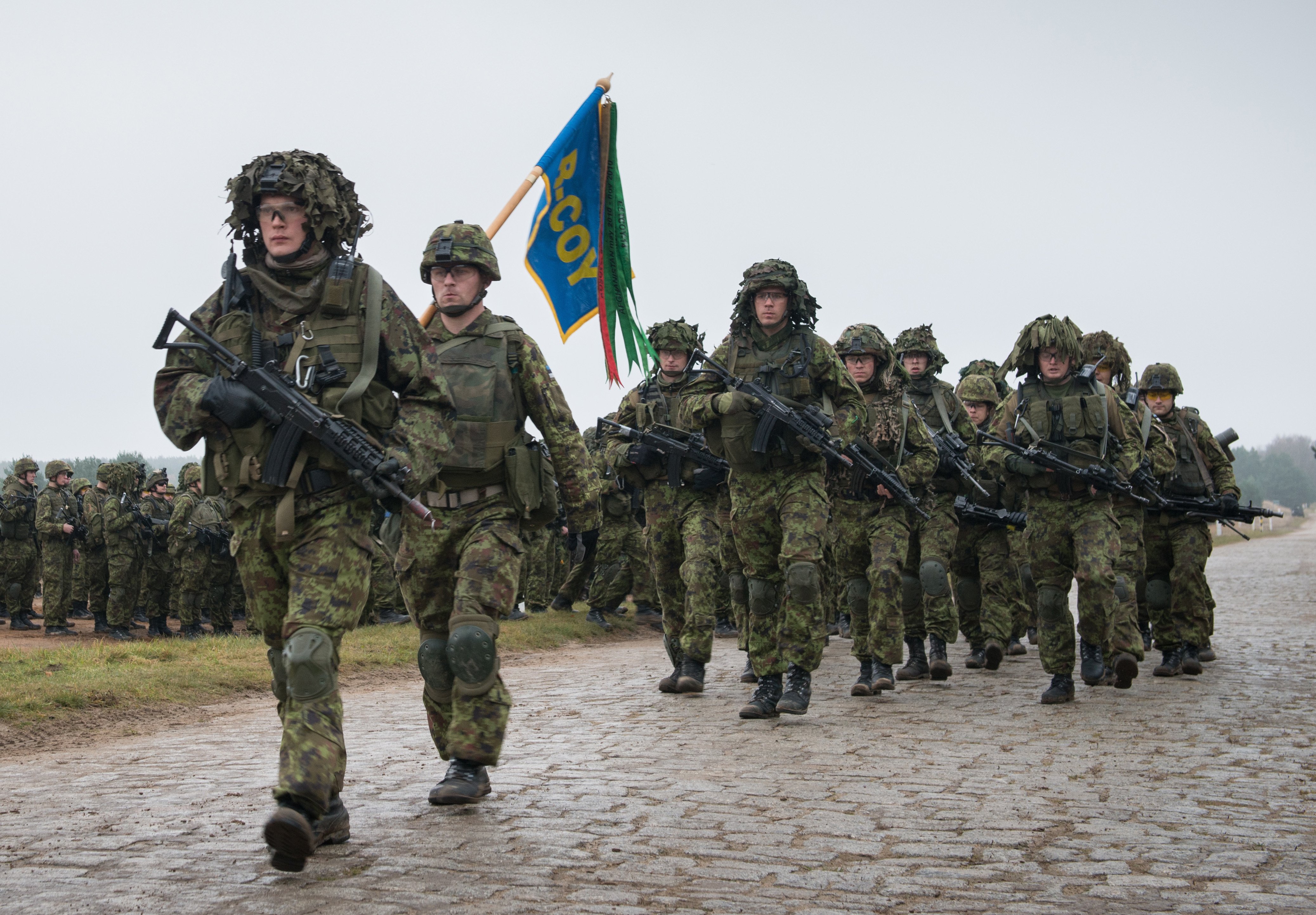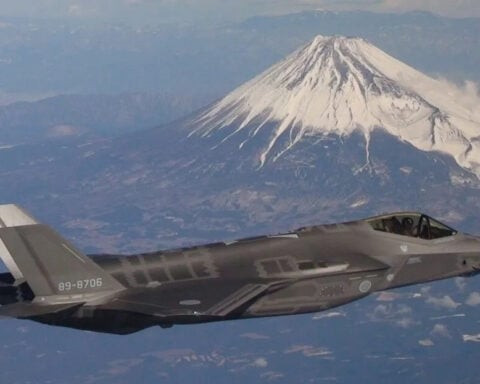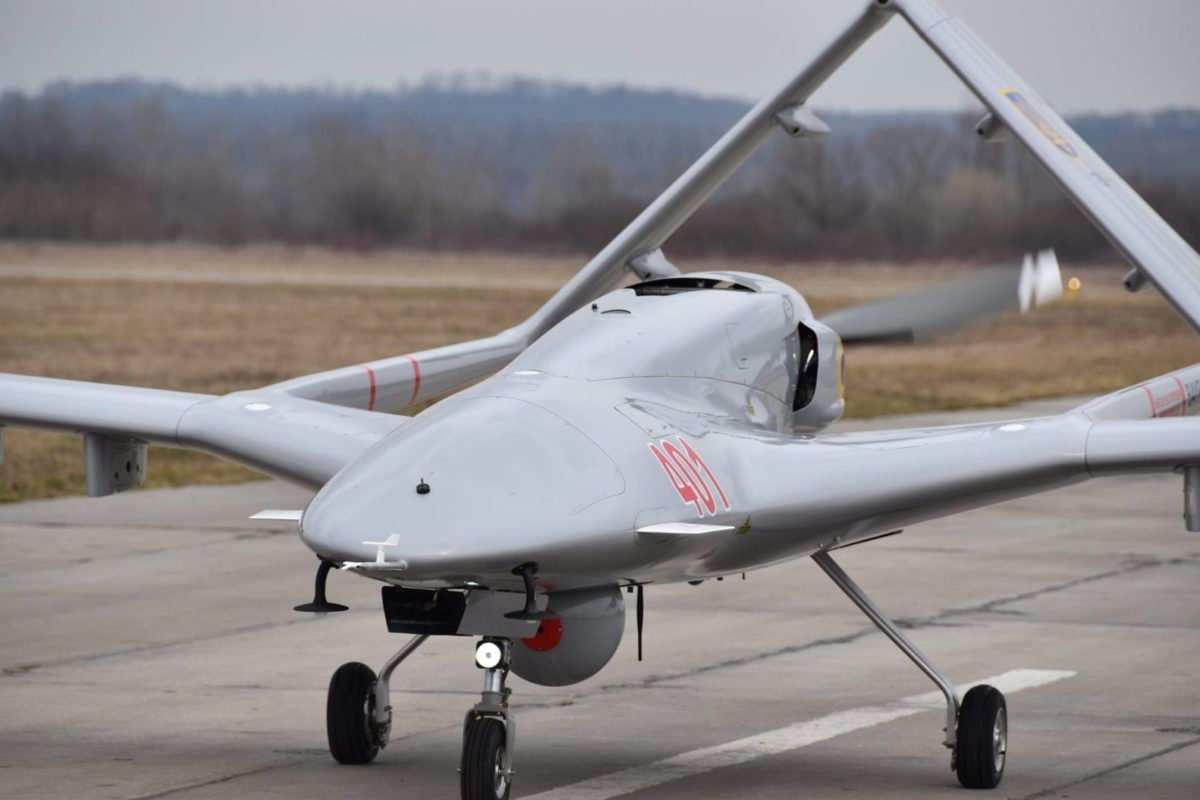
In Europe, “you find a kind of the perfect storm”—a resurgent Russia in the east, thousands of refugees and migrants arriving daily in the south, terrorist attacks in Paris, the rise of nationalist parties and economies flailing skewing political debates—that NATO is trying to weather.
Those simultaneous crises were at the heart of Friday forum on a new Atlantic Council report looking at six nations in NATO and the challenges they and the alliance face and what can be done to meet them.
In answer to a question, Julianne Smith of the Center for a New American Security said the time is ripe for closer cooperation between the alliance and the European Union in meeting those challenges and other threats, such as cyber and communications. “We need the capabilities that both institutions can bring to bear.”
But what is happening is that NATO is becoming even more a “two-tiered alliance” with the eastern members looking at Moscow’s willingness to battle Georgia over breakaway provinces, its seizure of Crimea, and continuing military support of separatists in Eastern Ukraine as a serious military threat— while southern members confront a rising flood of refugees and migrants fleeing wars in the Middle East and poverty there, in North and sub-Saharan Africa.
Smith said, “There is no longer the level of solidarity we once saw” in NATO and the European Union and a growing feeling on the continent that the two are not responsive to the public’s needs to meet these challenges. As a sign of that fraying, she said later that although sanctions against Russia will likely be extended later this year some alliance and union “countries are really feeling the pain” and looking for relief of their own.
“The threats against Portugal are not the same” as those Lithuania faces, said Andras Simonyi, a retired Hungarian diplomat now with Johns Hopkins University’s School of Advanced and International Studies.
The idea that the United States will always rise to the occasion in meeting the continent’s security needs “made Europe complacent” ever since the collapse of the Soviet Union in the early 1990s and the alliance expanded eastward, he added.
What has happened in their harvesting of the “peace dividend” is that “many militaries in the alliance are in pretty bad shape,” he said.
As an example of reduced readiness, even among nations presumed to have strong militaries, Jorge Benitez of the Atlantic Council noted that the United Kingdom had great difficulty fielding a combat-ready armored brigade to a recent exercise in Poland, having to draw on equipment it had in Canada for training.

While the report and panel members agreed that alliance members on the continent needed to do more to provide for their own security, there is “no consensus in Europe that a permanent presence [by the United States or NATO in the Baltics, for example] is a good idea,” Smith said. To many, “a persistent presence is good enough for us.”
The author of the United Kingdom’s section of the report, however, recommended stationing a corps-sized headquarters and three brigades in the Baltics to deter Russian aggression in that part of Europe.
All agreed that simply spending 2 percent on defense was not the right approach to enhancing continental security. The money needs to be spent in a coordinated way and forces stationed where needed, not where it is easiest to send them, Simonyi said.
Benitez said the European Union needed to be more flexible in allowing nations to spend more to meet internal security challenges. He noted the union only allowed France one year of increased spending in response of the two terrorist attacks in Paris during 2015 and the same for Italy and Greece to cope with the continuing refugee/migrant crisis.
Likewise, the United States’ European Reassurance Initiative, twice passed as emergency defense spending rather than part of the defense budget, is a one-year commitment. Benitez said the question from the United States should be to the Europeans “what are you willing to put on the table?”
“Washington really has to make the call,” said Smith, who worked for Robert Gates and Leon Panetta when they were secretaries of Defense, regarding spurring the alliance members to commit to their own and collective security. Even though the secretaries came to the Europeans with different approaches to get them to spend more with little success, it was important to “keep pushing.”
The United States should be “blunt and clear” that the “more you take care of yourself,” the more [the United States] will be willing to do, Simonyi said.
Congress already is showing an aversion to “swallowing the bitter pill” of having to spend more for European defense, Benitez said.





